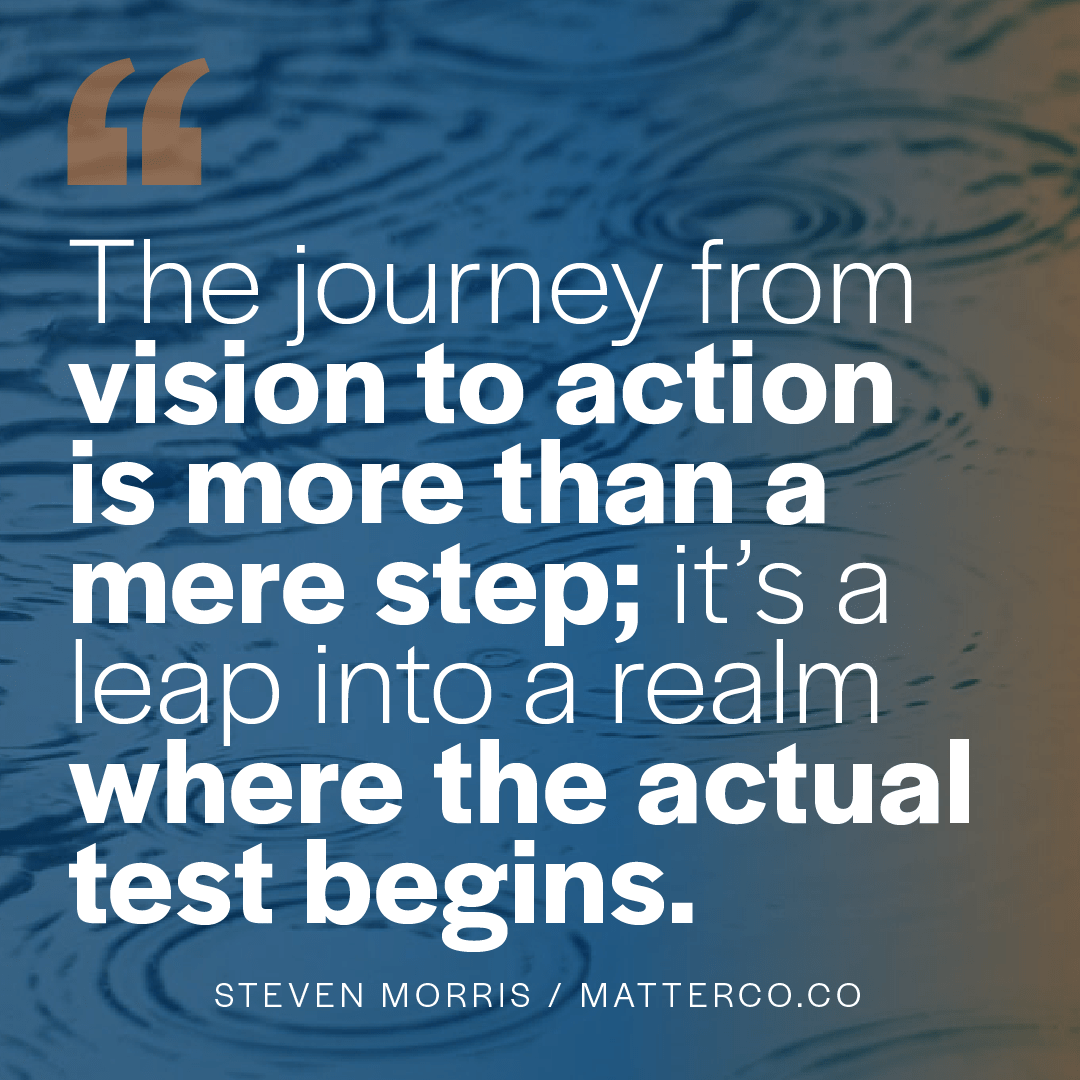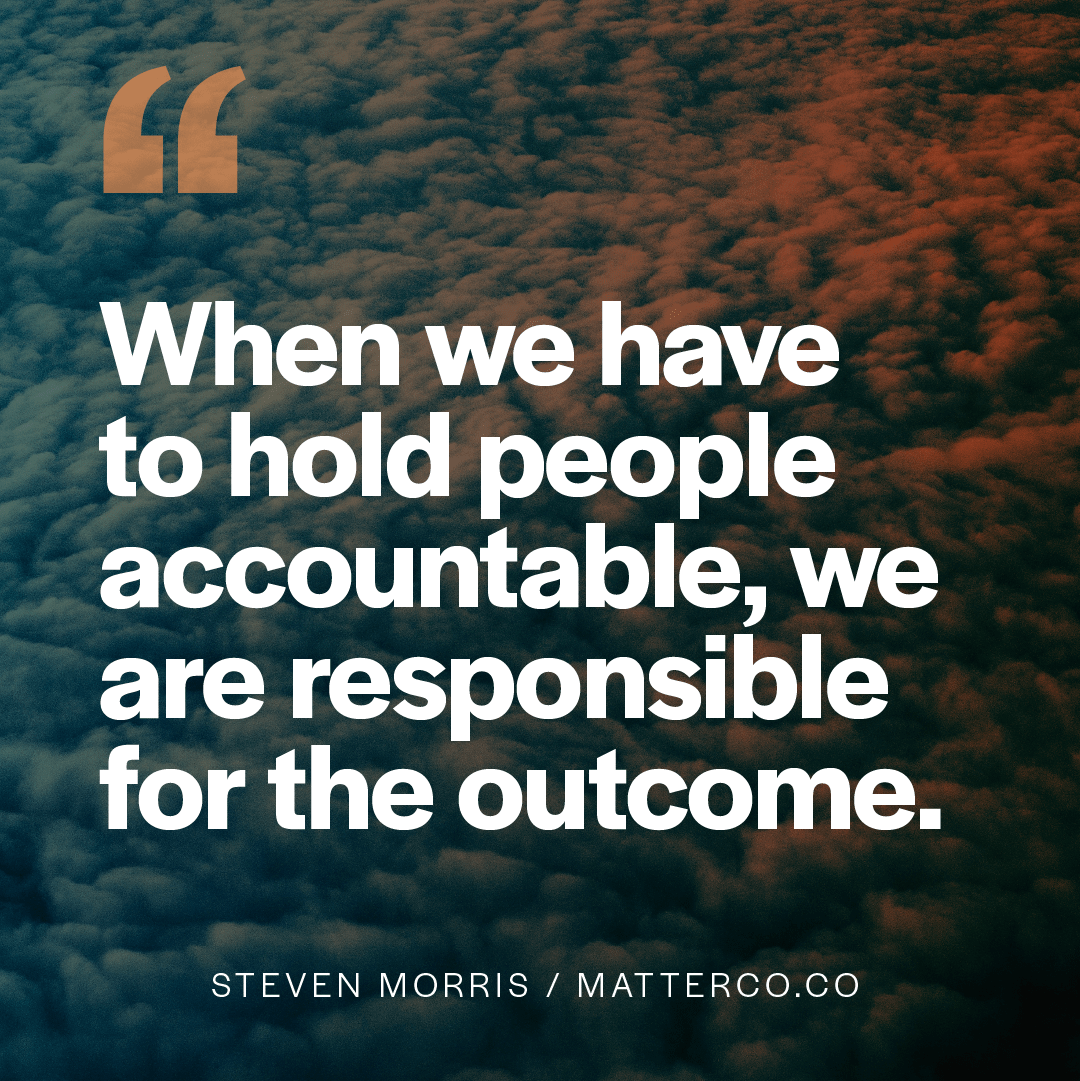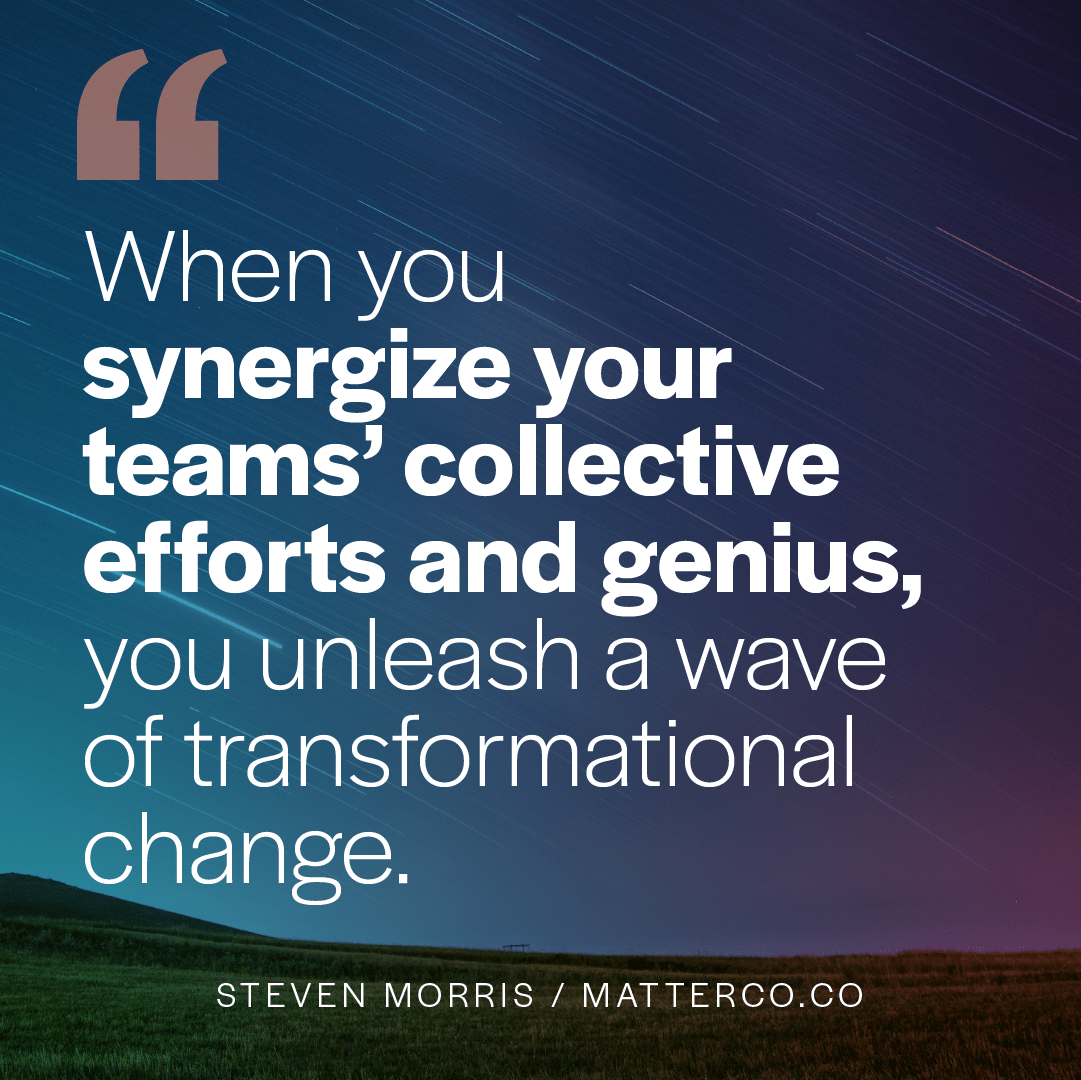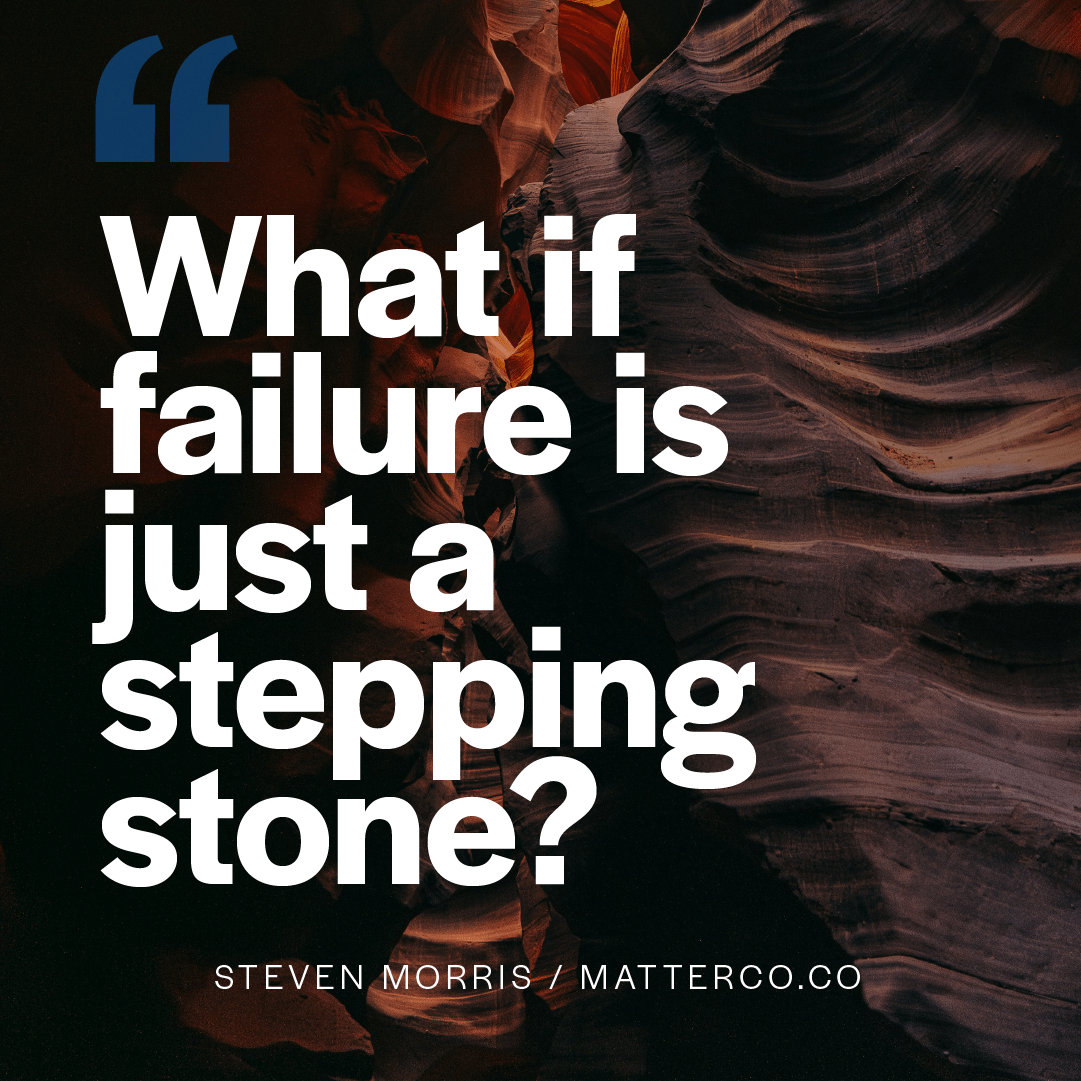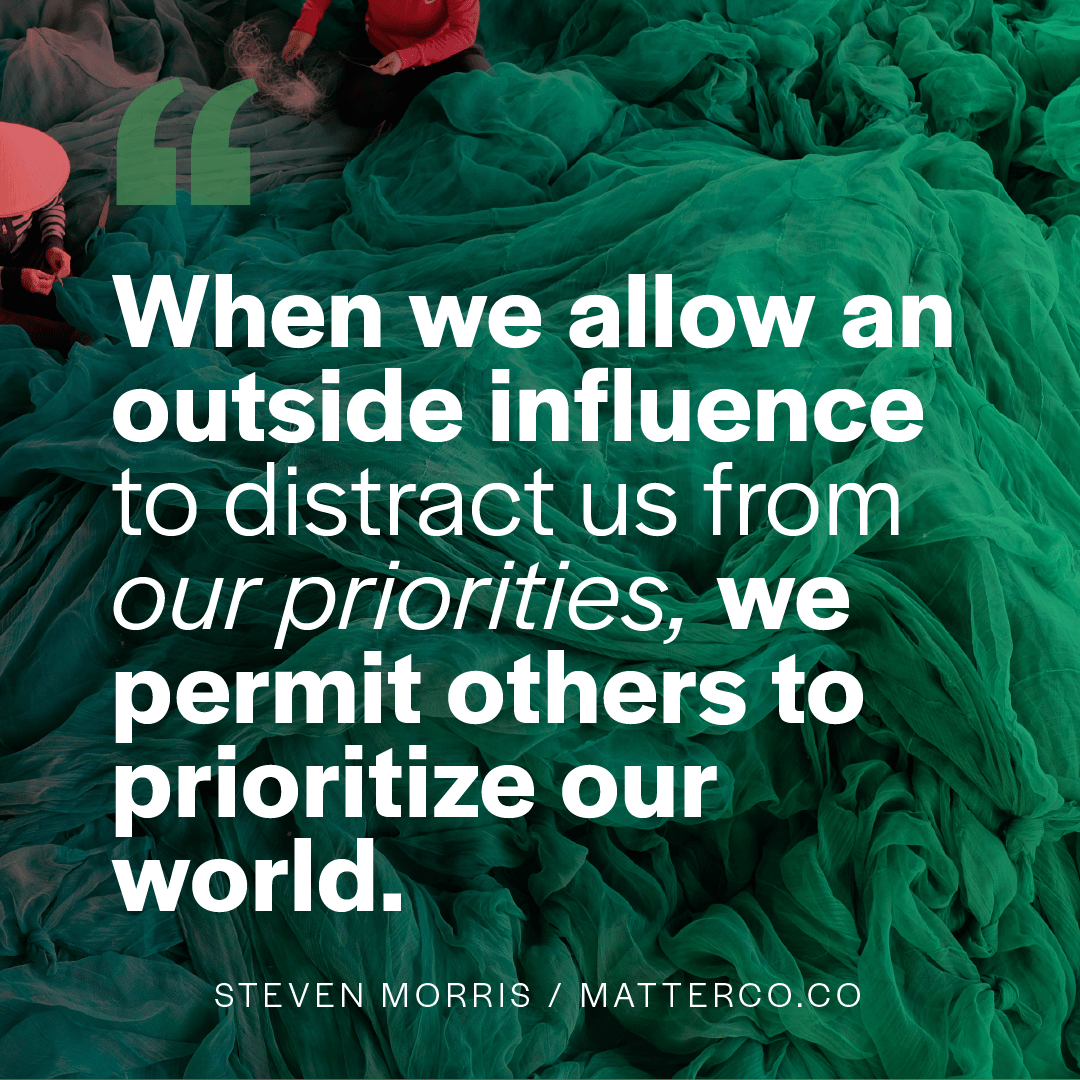
When Extinction Is Good
Extinction is a threatening word. When a species makes the endangered list, the attention to it is heightened by a handful of scientists and caretakers. Rightly so.
However, with the widespread adoption of AI and its glaringly unknown effects, we stand on the precipice of another likely mass extinction certain of skills, products, services, and manners of work.
It’s helpful to remember that some things are bound to go extinct even if they’re not AI-related. West Point, for instance, once required an art class for all cadets in the 1800s. This was the infancy of cartography, and the skill of hand-drawing maps on and of battlefields made a life and death difference. While I’m not knocking the valuable skills visual depiction, today, those skills aren’t needed in military battlefields thanks to GPS in the digital age.
Common questions I get in my consulting work are: How do we decide what to let go of and what to keep? How do we stop doing? And the very common question, how do we do more with less? The seduction of doing more, often a driver for the need to innovate, might point us in the wrong direction.
The answer to these questions isn’t complex, but it also isn’t easy to do.
The judicious skill of knowing what to stop doing and when to stop doing them may be one of the most overlooked and underutilized skills in our workplaces and lives.
How can we do this?
First, get to know — with crystal-clarity — what optimal experiences and results look like for you and your team. Looking deeply is the root of all creative discernment. This practice helps you see what matters and what’s a distraction.
Next, make judicious choices against your optimal outcomes and experiences about what to stop, start, continue, and do different.
Ongoing, have the discipline to keep coming back your ideal outcomes and experiences, and create extinction for anything that distracts you from making that happen. Do this again and again.
When we allow an outside influence to distract us from our priorities, we permit others to prioritize our world, our work, and ourselves. You won’t achieve the big things you want, if you’re distracted by small things.
“The sculpture is already complete within the marble block, before I start my work. It is already there, I just have to chisel away the superfluous material.”
― Michelangelo
Your turn.
What is it that you need to stop doing, so you can be more effective? Considering AI, what skills should you consider leveraging AI to increase your effectiveness?
In your personal world, what is it time to let go of? What identity, belief, or story is ripe for extinction?
If you found this topic interesting or valuable, here are some related articles for you.
If you want a more trusting team, a culture of belonging or a magnetic brand that attracts more of the right customers, I can help. If you'd like to explore if working together makes sense, drop me a line.




